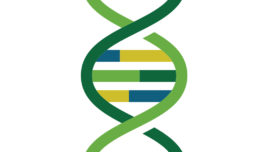Career Interview: Evan Eichler, PhD
Professor and HHMI Investigator Department of Genome Sciences, School of Medicine University of Washington, Seattle, WA ASHG: If you could go back to when you were a trainee, what is one piece of advice you would give yourself for your current career? Dr. Eichler: Find your passion and work hard (realizing the two are inextricably linked).... Read More

